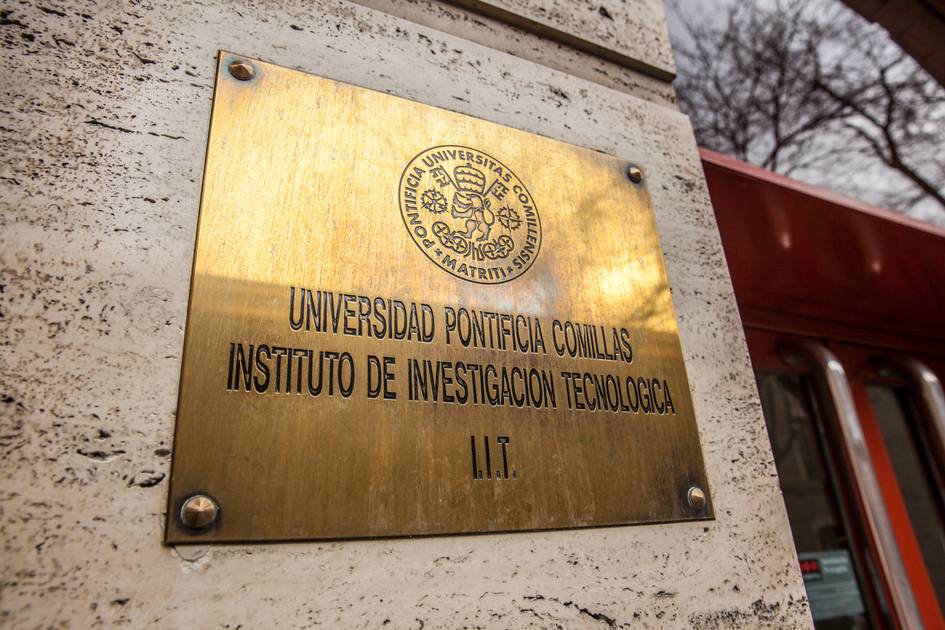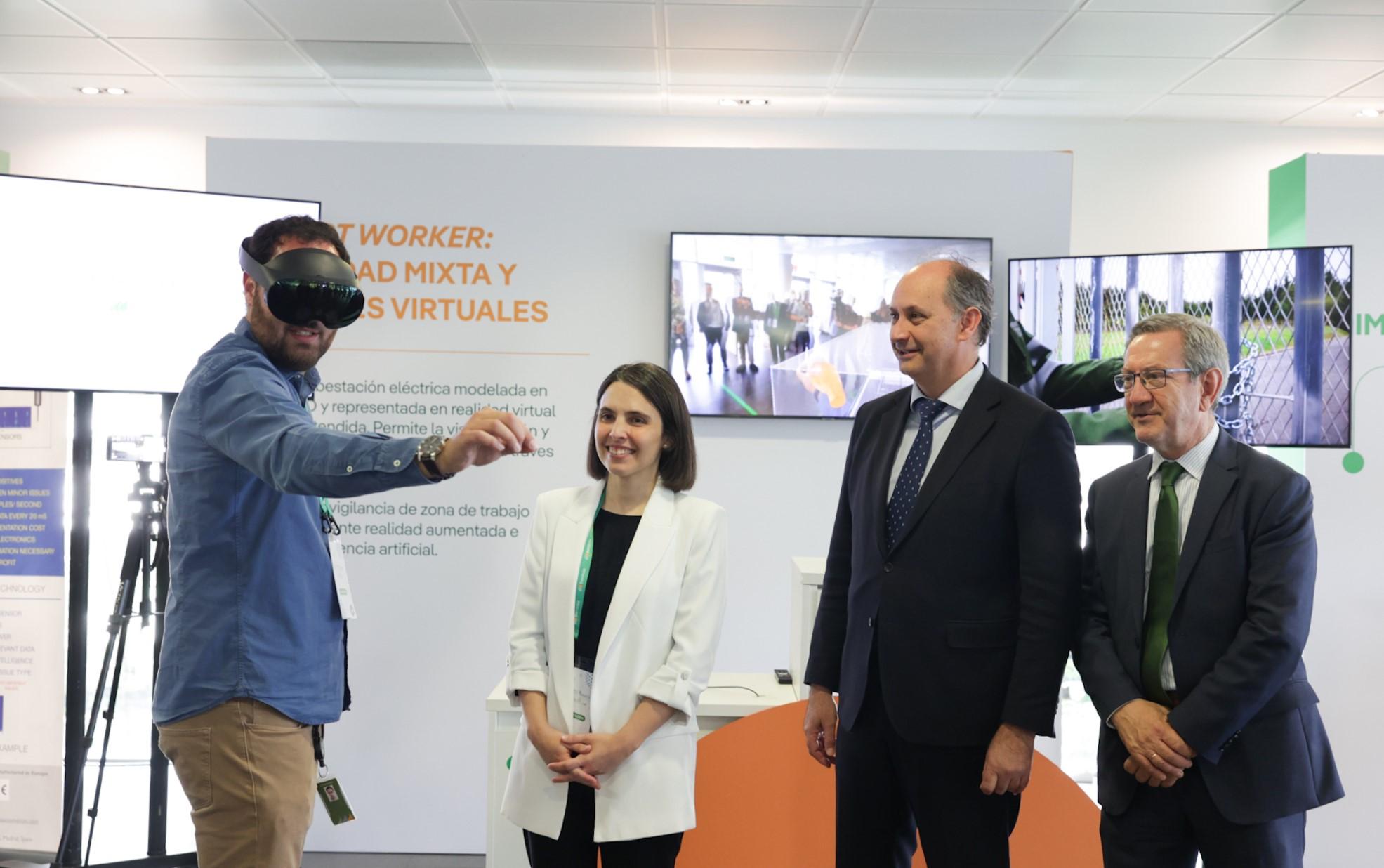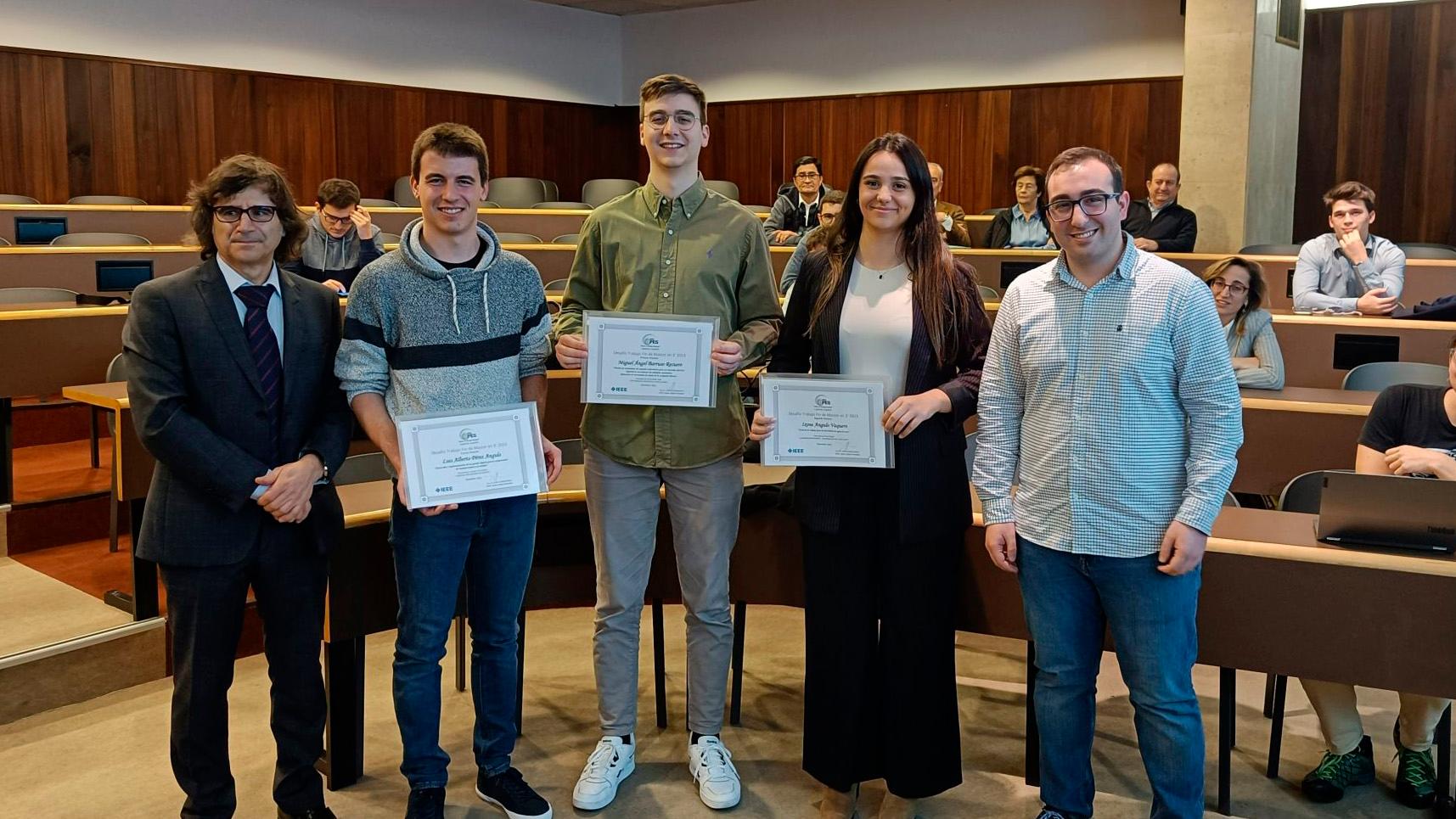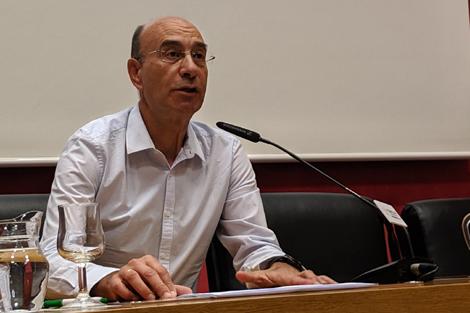IIT celebrates 40 years with a tribute to its founder
Ignacio Pérez Arriaga will receive the university's recognition for having promoted one of the most important energy research centres in the world

4 July 2024
Four decades ago, Comillas gave an important boost to research in Spain with the inauguration of the Institute for Research in Technology. It was the determination of Ignacio Pérez Arriaga, a lecturer at the university in the early 1980s, who made it a reality to create a place where research was carried out on the model of the MIT, which gave such good results because it had the support of the companies for which the research was carried out.
The IIT was the heir to the ITP, another research centre, which was created during the last throes of the dictatorship by some of the most important state companies, but which had nothing to do with Comillas. That project failed, and Pérez Arriaga, who was also a researcher at that institute, offered the university the possibility of doing something similar at Comillas.
Forty years later,the growth of the IIT has been spectacular: there are 175 researchers, more than 3,000 projects have been carried out, more than 435 researchers have been trained, who have defended 289 theses and have published more than 2,800 works. According to Pérez Arriaga, "in electrical power systems, there is no university group that I know of better than ours, we are the best on planet earth. Better than MIT without a doubt". The current director of the IIT, Paloma Cucala, knows that many challenges remain, including increasing internationalisation, research excellence and improving the attraction of talent, including female talent.
More info
You may also be interested in

The IIT at Comillas ICAI took part in an event for digitalisation and innovation in networks to boost essential services

Miguel Ángel Barruso won the "TFM Challenge in 3 minutes" of the most important association of industrial engineers with a study of the Iberian exception in the electricity market.

Josite’19 reunió a jóvenes investigadores donde presentaron sus últimos avances
